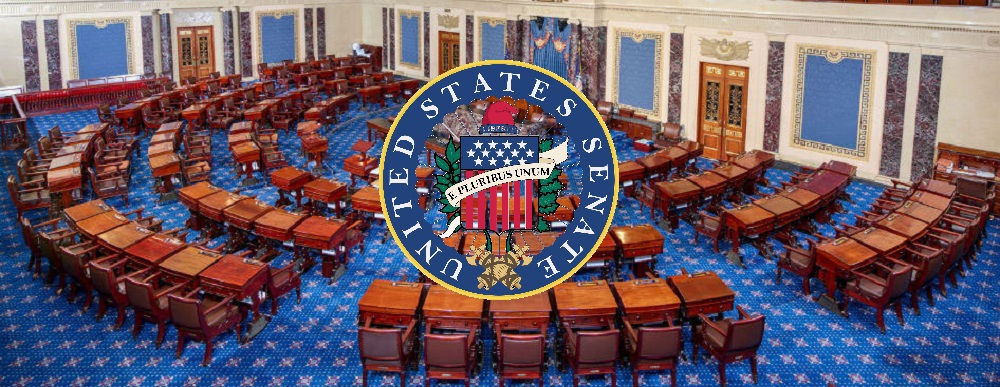Government funding bill includes $2.5M for U.S. Senate home security

By Ken Showers, Managing Editor
Updated 12:40 PM CST, Tue December 20, 2022

WASHINGTON, D.C. – Congress will be voting on the federal government's $1.7 trillion funding bill, the Consolidated Appropriations Act of 2023, and among its many expenditures is $2.5 million toward residential security for U.S. Senate members.
On page 1,137 of the nearly 4,200-page document, bill writers stated that, “For expenses of the Office of the Sergeant at Arms and Doorkeeper of the Senate, $171,844,000, of which $160,144,000 shall remain available until September 30, 2027: Provided, That of the amount provided under this heading, $5,000,000 shall be for Senate hearing room audiovisual equipment, to remain available until expended: Provided further, That of the amount provided under this heading, $2,500,000 shall be for a residential security system program, to remain available until expended.”
The provision is one of several that have cropped up in light of recent threats and attacks on members of government. On Oct. 28 Paul Pelosi, husband of U.S. Speaker of the House Nancy Pelosi, was attacked in his home by assailant David DePape that left him seriously injured. More pressingly a mob assaulted the U.S. Capitol on January 6, 2021, placing the lives of multiple lawmakers in jeopardy. The House Sergeant at Arms introduced a similar security program for members in August, providing up to $10,000 per representative for the installation of security system equipment at the residences of those eligible.
Senator Mike Crapo (R-Idaho) had campaign lawyers send letters to federal regulators in November seeking clarification on whether or not campaign funds could be used to pay for security upgrades which came recommended for the senator’s homes by Capitol Police. Crapo was one of several senators who introduced the Public Servant Protection act back in May this year. “Public servants and their families should not be subjected to protests or acts of violence at their private homes,” said Crapo. “The freedom of speech should not be used as a weapon to intimidate or threaten others, and public officials should have the right to remove their address from the public domain.”
The legislation is set to be considered first by the senate before passing to the house later in the week.
Comments